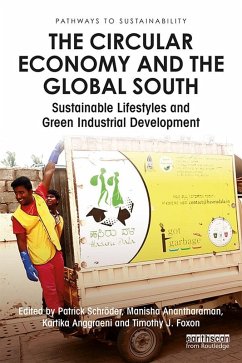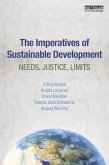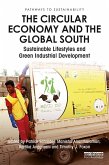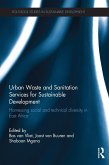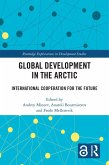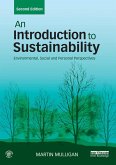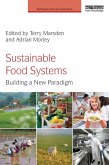Dieser Download kann aus rechtlichen Gründen nur mit Rechnungsadresse in A, B, BG, CY, CZ, D, DK, EW, E, FIN, F, GR, HR, H, IRL, I, LT, L, LR, M, NL, PL, P, R, S, SLO, SK ausgeliefert werden.
Hinweis: Dieser Artikel kann nur an eine deutsche Lieferadresse ausgeliefert werden.
"As the circular economy gathers momentum, in both policy discourse and practice, this edited book brings a timely and necessary contribution from the Global South. The limits and opportunities of the circular economy are presented from diverse perspectives, ranging from the livelihoods of Brazilian and Indian women waste pickers, to the development of Chinese eco-industrial parks. The contested politics and social dimensions of the CE are brought to the fore through cases that will provide excellent reading material for students interested in sustainability issues. Ultimately, this collection demonstrates how circular economy approaches must go beyond closing loops and maintaining the lifestyle standards of a fortunate few: there is a strong call for a circular economy that will grapple in earnest with the need for sustainable and inclusive wellbeing, in a world of limits." -- Marlyne Sahakian, Professor at University of Geneva, Switzerland
"Today, we have a window of opportunity to rethink our economies and align them through the circular economy with the cycles and principles of Nature. However, the circular economy concept also has to prove that it can ensure sustainable livelihoods and lifestyles of the people within the economy. This is what the 'Circular Economy 2.0' is trying to achieve. Countries in the Global South are well placed to adopt an inclusive and equitable circular model as they have lower carbon and material footprints than their counterparts in the North, they are often based on interconnected communities and have young populations desiring equal opportunities. Designing waste-free, pollution-free economies and reducing inequality is not only possible, but necessary to ensure shared prosperity and no one is left behind. The Circular Economy and the Global South highlights why the circular economy is an important opportunity for the developing world as we speak!" -- Alexandre Lemille, co-founder of African Circular Economy Network (ACEN), initiator of a 'Circular Economy 2.0' focusing on opportunities for the human sphere

